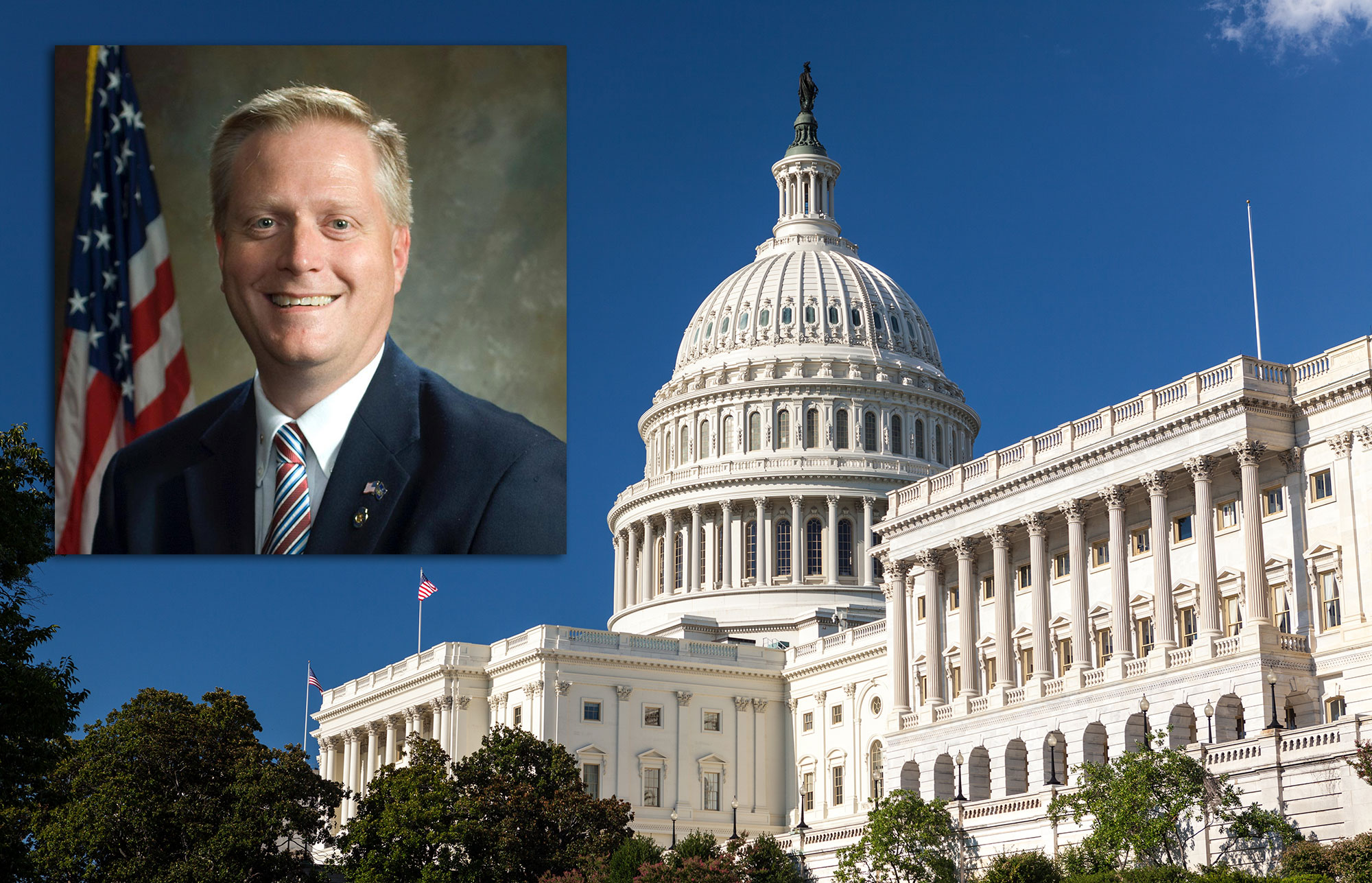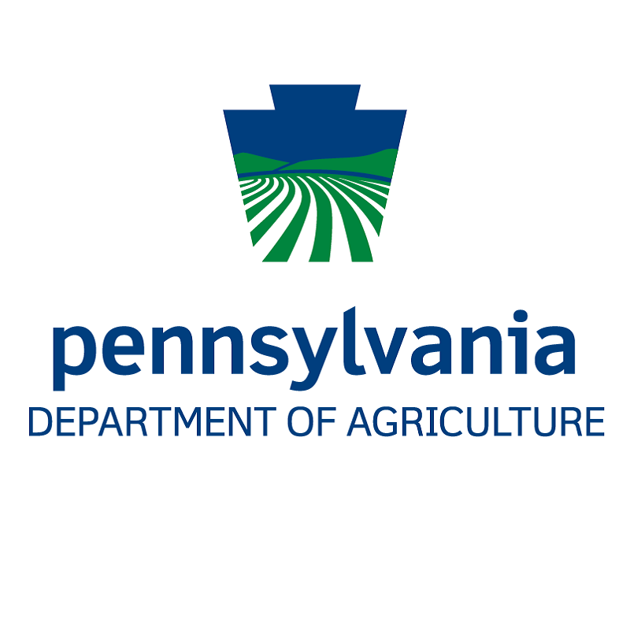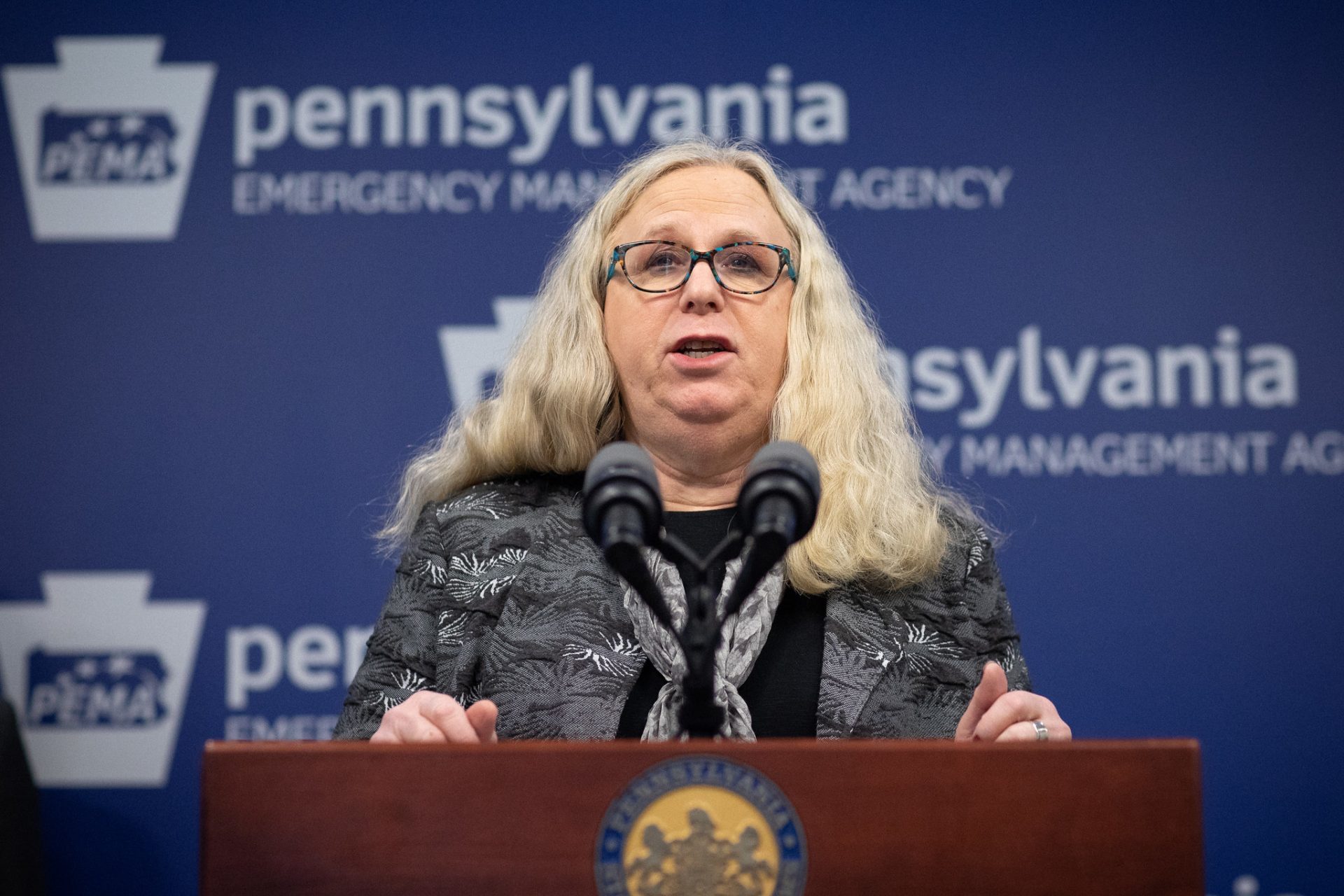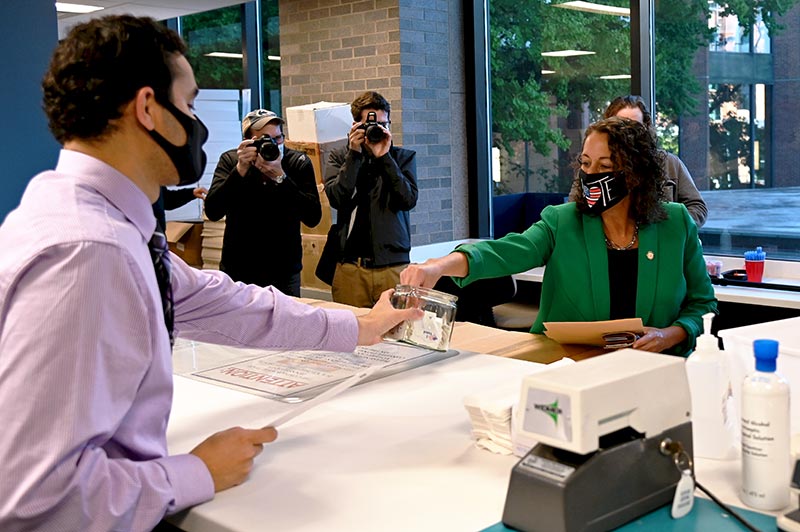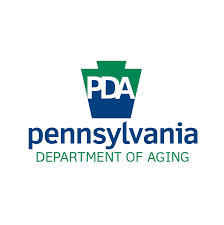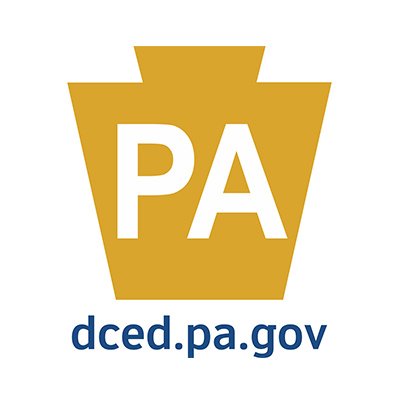Washington, D.C. — Congressman Fred Keller (R-PA) today announced the Appalachian Regional Commission (ARC) has awarded funds for two local projects in central Pennsylvania.
The Central Pennsylvania Workforce Development Corporation (CPWDC) was awarded $1,018,500 for the Reboot Workforce Program: Recovery at Work in Central PA. In partnership with Geisinger and SEDA Council of Governments (SEDA-COG), CPWDC will use these funds to address the opioid epidemic in central Pennsylvania by providing workforce preparation and training services to individuals in recovery and ultimately reintegrate them back into the workforce.
Other local, state, and federal sources contributed an additional $1,104,000 to the project.
Union County was awarded $2,500,000 for the four-county Central Pennsylvania Rural Broadband Deployment Implementation Project. This grant will help bring high speed internet service to underserved locations in Union, Clinton, Lycoming, and Northumberland counties. It is expected that 20 businesses and 270 households will initially benefit from this project.
In addition to ARC’s funds, SEDA Council of Governments (SEDA-COG) Revolving loan fund will provide $4,000,000 and ISPs will provide $1,500,000, bringing the project total to $8,000,000.
On the awarding of the grants, Congressman Fred Keller made the following statement:
“Congratulations to the Central Pennsylvania Workforce Development Corporation and Union County for being awarded these grants. What makes these projects special are the outstanding partners—like ARC, SEDA-COG, Geisinger, and other local entities—that come together to address the challenges we face in central Pennsylvania, such as increasing rural access to broadband and combatting the opioid epidemic. I look forward to seeing how these funds are used to develop our workforce and strengthen our communities.”
